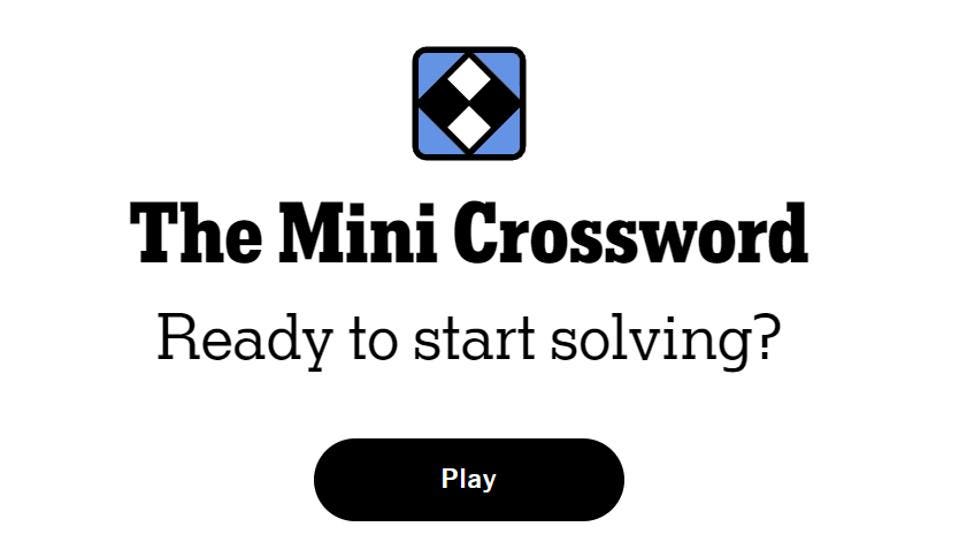Being empathetic can be a superpower, but only if you get these three things right.
getty
A new review released in Biological Psychiatry discusses how empathy, while normally viewed as a positive trait, can actually have negative impacts on mental health. The review integrates human and animal research, explaining how excessive empathy can result in overwhelming emotional states collectively referred to as “empathic distress.”
A generally higher degree of emotional resonance can elevate one’s susceptibility to distress and psychiatric illness like depression, anxiety, burnout, vicarious trauma, internalizing disorders and PTSD.
And this is because high empathy fuels emotional overinvolvement, which is the tendency to get overly immersed in others’ misfortunes. The resulting empathic distress from this kind of overidentification has also been associated with symptoms such as intrusive recollections, worry and withdrawal behaviors akin to PTSD. Remarkably, these symptoms have been observed in people who have never sustained any direct trauma.
So, while empathy certainly strengthens relationships and emotional intelligence, overempathizing can undermine psychological health, too. Here are the three strategies you can use to prevent emotional exhaustion and shield your energy if you are highly empathic.
1. Avoid Toxic Empathy
Empathy becomes poisonous when you absorb others’ pain and discomfort at the cost of your own peace and stability. You may find yourself at fault for others’ suffering, even when you had nothing to do with it.
In the process, you may even sidestep holding them accountable because you feel sorry for them or over-identify with their agony. When you take responsibility for someone else’s pain, you may risk trapping them by becoming the buffer between their actions and the consequences they should face for them.
Toxic empathy also makes you feel a disproportionate amount of guilt, shame or sadness due to a lack of healthy emotional boundaries. If you do this for long enough, you may no longer identify with who you’ve become. But there are ways to turn this around and use your empathic skillset to help others as well as yourself simultaneously.
Firstly, accept the fact that you can’t save everyone. It is not one individual’s responsibility to save others. This truth often comes to light when we realize that feeling bad for others is not a substitute for their willingness to change. The fact that your compassion has limits is actually a safeguard; it’s not a failure or a flaw within your character.
After that, you must establish boundaries within energy-intensive relationships in your life. Setting gentle yet firm emotional boundaries prevents you from overextending yourself in relationships that expect you to fix or rescue them.
2. Lean On Your Brain, Not Just Your Heart
A 2022 study published in the journal Affective Science explored cognitive and affective empathy in the context of emotional regulation. In the study, individuals with high affective empathy — “emotional sponges,” who instinctively absorb other people’s feelings — experienced more difficulty in regulating their own emotions. In contrast, people with high cognitive empathy appeared to be more in control of their emotional regulation skills.
Higher cognitive empathy enables people to reframe situations, build awareness of their feelings and accesses cognitive control to dampen impulsive emotional responses.
Take cognitive reappraisal, for instance. When you shift the way you perceive or conceptualize emotional situations, it allows you to stay in control of your emotions, despite the intensity of the experience. It’s similar to being in the still eye of the storm, slowly making sense of the chaos around you.
This kind of regulation is difficult for people high in affective empathy alone, but when combined with greater cognitive empathy skills, it turns becomes a superpower.
The simple act of grounding can help individuals straddle affective and cognitive empathy. When feelings are intense or the atmosphere becomes emotionally dense, the most effective action is to come back to the present moment.
Grounding yourself with simple activities like deep, intentional breathing, sensing the soles of your feet on the ground or perceiving the sounds and feelings surrounding you can stabilize your nervous system.
Another technique is to visualize an energy shield around yourself. By picturing a soft protective light or energy bubble around your body, you’re able to take in only what’s necessary and keep out what isn’t yours to carry.
3. Save Yourself First
A 2023 study published in the journal Assessment found that self-compassion is more closely linked to lower psychological distress and greater well-being than compassion directed at other people.
The researchers highlighted that self-compassion is also the very psychological anchor that allows for true compassion toward others. In other words, people with greater self-compassion are better able to provide authentic care for other people without feeling drained.
You can practice self-compassion by respecting your emotional boundaries and not feeling guilty about them. Internalizing the principle that you are allowed care intensely without being indiscriminate about where you spend your energy can also help immensely.
The bottom line for anyone looking to manage excessive empathy is that your empathic nature is a strength, not a weakness. You can learn to direct your sensitivity towards individuals, causes and environments that reflect your care back to you rather than letting it be sucked dry.
Curious how your empathy shows up? Take the Affective Empathy Scale to understand your empathic strengths and weaknesses.









